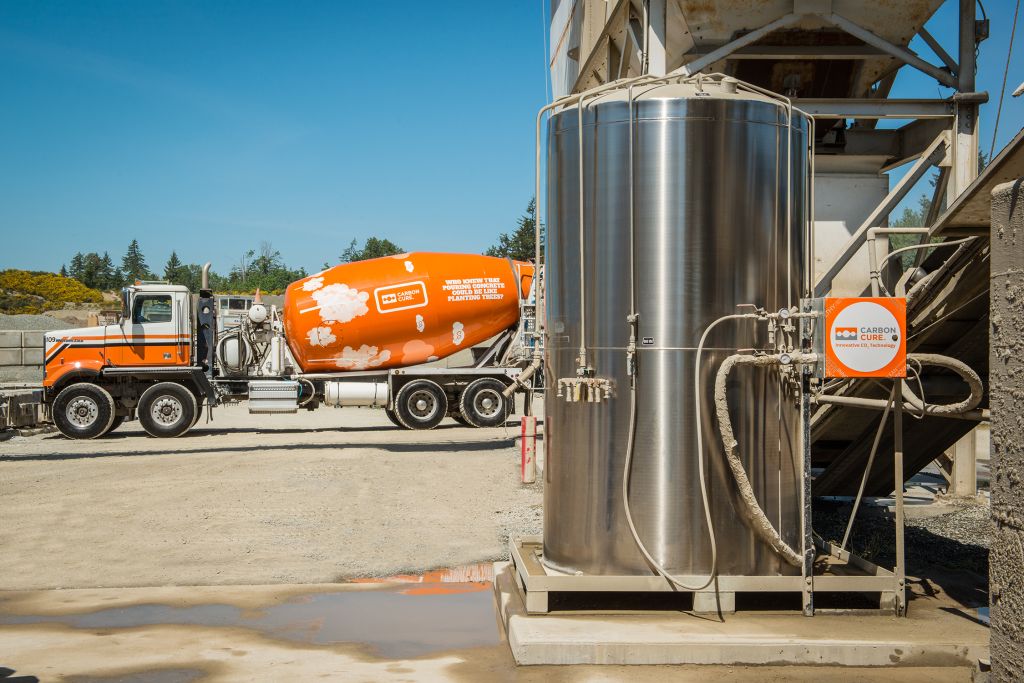Published January 29, 2024 • 5 Min Read
People and property. They are two key components of any farm business and also perhaps the reason that farm succession planning continues to be a tough conversation to get on the kitchen table. Beverly Agar knows this well. She farms together with her husband. She’s part of her extended family’s farm operation. And she’s been a relationship manager with RBC for more than 17 years.
“It’s complicated,” says Agar, who works with farm businesses in Central (Simcoe County, York and Durham Regions) and Northeastern Ontario. “In any farm business there can be many properties, many generations and many different assets involved. There can also be non-farming children to consider,” she says.
With so many factors involved in how to plan for the long term in a farm business, it’s not surprising that only an estimated 12% of farms in Canada have a success plan. It might also have something to do with the fact that these are tough conversations to have and there’s no simple process to follow that will help families navigate the successful transition of a farming operation from one generation or family to the next. And if conversations that involve the whole family aren’t started early enough, transition talk can be tricky.
At its heart, succession or transition planning is a forward-looking process that looks at the long-term vision for a farm. It’s a thoughtful process that offers the opportunity to make plans for the future of a farm business before circumstances dictate decisions.
“Ideally, every farm should have some type of plan about what happens to the property and the farm business,” says Agar, who includes succession planning in most conversations with her clients. “Whether that includes being purchased by a third party, passing it down to family or a friend, or purchased by a neighbouring operation, everybody should have some idea of what the long-term situation is for everyone’s peace of mind.”
What’s so tough about transitioning?
Agar knows that part of the resistance with succession planning is that there is very little standardization about the process. Every plan is as individual as the people, the property and the operation involved. There can also be the perception that it’s about pushing the older generation to give up control. But it’s not about that and it’s also why Agar takes every opportunity to talk about plans with her clients. She uses an upbeat and enthusiastic approach – and draws on her own farm family experiences – to encourage clients to think about what comes next.
“We’ve all heard how farming is like no other profession, and it involves a group of people who rarely think about retiring,” she says. “But I know that it ultimately helps my clients because those who have started down this journey seem to have less stress when we finally get started.”
For Agar, succession planning includes giving the next generation the best opportunity to be able to farm and makes sure all members of the farm business are considered. She takes a direct approach to start conversations that often include asking open-ended questions to clients and their families to get things going. What happens if you get hurt? Who can take over the daily chores? Do you have life insurance to support a surviving spouse or family member? Do you want to run the farm someday?
“If you don’t have a plan, your wishes for the farm may not be followed,” says Agar.
How to get started on succession
An effective succession plan is as individual as the operation it is built and designed for. Agar deals with various business setups that impact the factors that go into a plan. There are sole proprietors where the spouse is not part of the business, husband and wife partnerships with no written agreement other than a marriage license, and corporations that are family run but set up as a corporate business structure.
She offers a few tips for trying to get a conversation started about future plans for the farm business.
Start now. The most important advice Agar has for clients is to start now. “The day you buy a farm is not too soon to start making plans for what happens down the road,” she says. Every plan is so different. “Have a conversation with your banker, your accountant, your spouse, your children,” says Agar. Plans can take years to pull together so start now to plant the seed.
Include the whole family. Agar thinks of a succession plan as an inheritance plan for the next generation. A thoughtful process that considers all aspects of the operation and sets out to treat everyone equitably but not necessarily equally.
Use your resources. Once Agar gets a client on the path to developing a plan, she brings in other advisors, including wealth management specialists, to be part of the planning process.
Review regularly. When you have a plan in place, remember that it’s a living plan that will inevitably change. “Revisit your plan regularly as situations evolve and change in the farm business and dynamics within the family change,” says Agar.
If you’d like to read more about how to get started on a farm succession plan, check out Farm Succession Planning. Ten steps toward the future you want.
This article is intended as general information only and is not to be relied upon as constituting legal, financial or other professional advice. A professional advisor should be consulted regarding your specific situation. Information presented is believed to be factual and up-to-date but we do not guarantee its accuracy and it should not be regarded as a complete analysis of the subjects discussed. All expressions of opinion reflect the judgment of the authors as of the date of publication and are subject to change. No endorsement of any third parties or their advice, opinions, information, products or services is expressly given or implied by Royal Bank of Canada or any of its affiliates.
Share This Article






